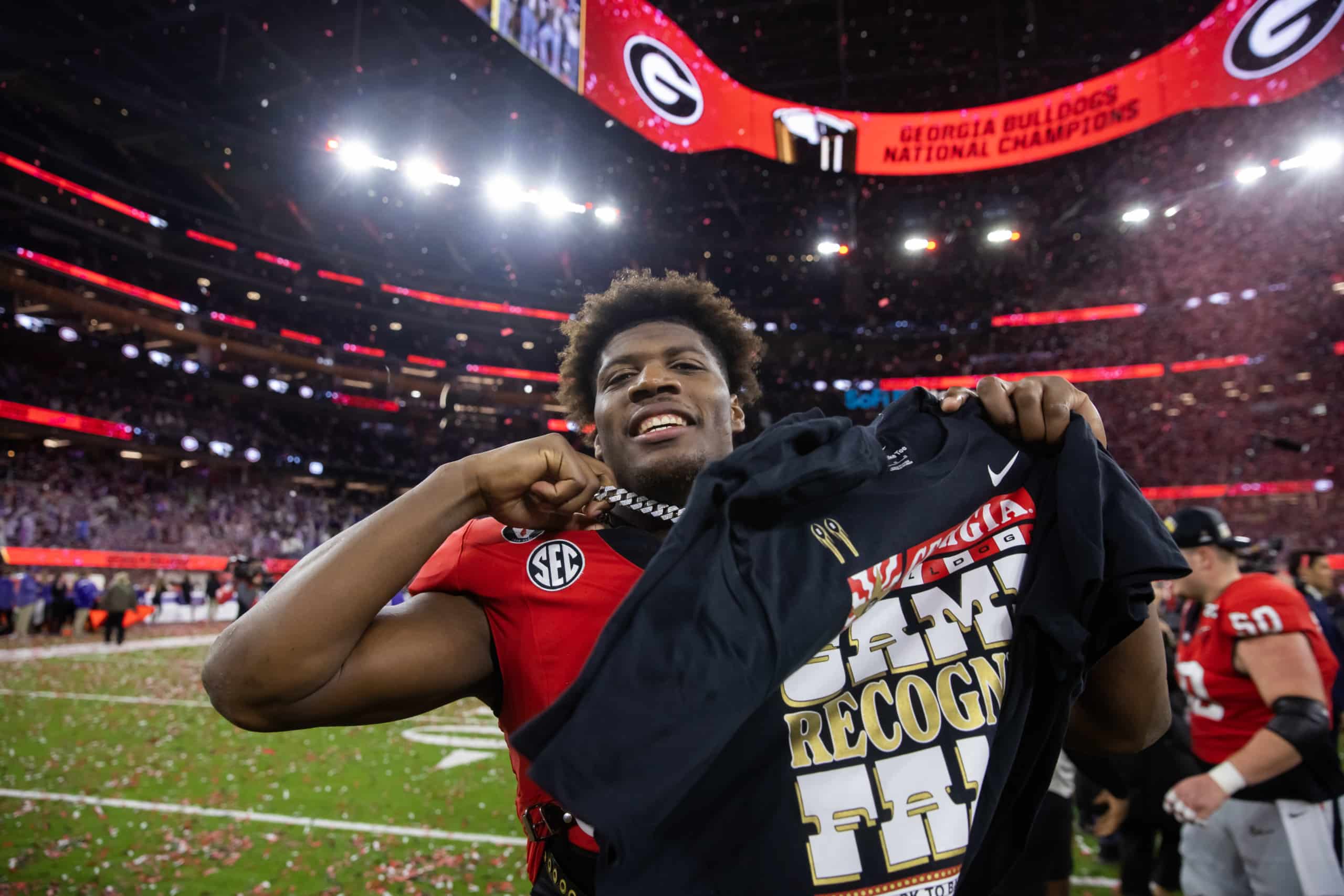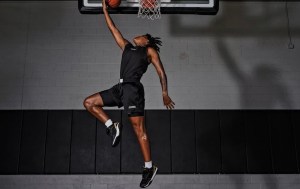One of the biggest questions in the early name, image, and likeness era concerned whether athletes would sign deals with apparel companies that competed with their schools’ sponsors.
The majority of athletes appear to be sticking with their school’s apparel brands: South Carolina’s Aliyah Boston inked a long-term deal with Under Armour; UCLA’s Reilyn Turner signed with Nike; and hundreds of athletes at Adidas schools have begun to work with the company.
But a select few have deviated.
How are they allowed to do so? Some state laws allow schools to prohibit athletes from inking partnerships with their sponsors’ competitors — but others don’t have any such requirements.
- One of the first athletes Adidas signed was golfer Rose Zhang, who played for Nike school Stanford.
- Startup women’s basketball shoe brand Moolah Kicks has inked more than 40 NIL deals, despite the fact that the D-I athletes like Aijha Blackwell of Baylor and Taylor Soule of Virginia Tech aren’t allowed to play in the shoes.
- Reebok has launched a campaign attracting dozens of athletes from Georgia football players Kenny McIntosh and Darnell Washington to UAB basketball player Jordan “Jelly” Walker.
- Even Under Armour has signed a few athletes to its program that don’t go to Under Armour schools.
As Bill Jula, co-founder and CEO of NIL company Postgame, pointed out to Front Office Sports, there’s an argument to be made that several activewear brands shouldn’t count as direct “competitors” to school sponsor brands, as they aren’t in the business of team contracts. Postgame has helped many athletes sign with activewear brands, and have only run into issues with schools once or twice.
Even when these types of deals are permitted, however, there’s a major drawback: Brands won’t get as much exposure from athletes who are contractually obligated to wear different companies’ apparel during games or other school-sponsored events.
But pulling an athlete away from its original sponsor can actually be a successful marketing ploy.
When athletes post about brands they choose to partner with, rather than brands their schools require them to wear, it “almost comes across as more authentic,” Jula said. Postgame has helped facilitate both Reebok and Adidas deals.
Moolah Kicks founder Natalie White echoed that sentiment. “I think it says something pretty strong that when players have a choice, the choice is Moolah Kicks,” White previously said.
In other cases, signing an athlete could be less a specific strategy and more just a necessary evil.
Charece Williams Gee, Under Armour’s senior director and head of sports marketing and partnerships, previously told FOS that Under Armour sometimes signs athletes from non-UA schools because “their values just align.”






![[Subscription Customers Only] Jul 13, 2025; East Rutherford, New Jersey, USA; Chelsea FC midfielder Cole Palmer (10) celebrates winning the final of the 2025 FIFA Club World Cup at MetLife Stadium](https://frontofficesports.com/wp-content/uploads/2026/02/USATSI_26636703-scaled-e1770932227605.jpg?quality=100&w=1024)











